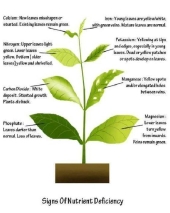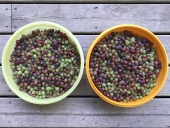
 1
1













 1
1




"Study books and observe nature; if they do not agree, throw away the books." ~ William A. Albrecht




Medicinal herbs, kitchen herbs, perennial edibles and berries: https://mountainherbs.net/ grown in the Blue Mountains, Australia








"Study books and observe nature; if they do not agree, throw away the books." ~ William A. Albrecht




 1
1




Work smarter, not harder.

 1
1




List of Bryant RedHawk's Epic Soil Series Threads We love visitors, that's why we live in a secluded cabin deep in the woods. "Buzzard's Roost (Asnikiye Heca) Farm." Promoting permaculture to save our planet.




-









| I agree. Here's the link: http://stoves2.com |



